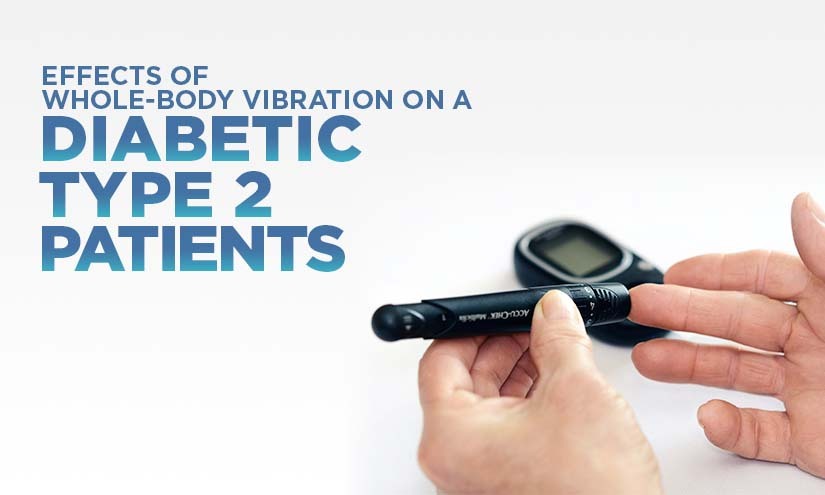Stem cells and diabetes type 1 – is there hope?

In health people, pancreatic beta cells produce release insulin, which moves sugar from the blood flow to the other tissues for energy production.
However in individuals affected by diabetes type 1, these cells self-destruct and no insulin is released into the bloodstream. As a result, no hormone signals the cells to take up the glucose from the blood and turn it into energy, so blood sugar levels remain elevated and insulin treatment is needed for keeping glycemia levels under control.
The body’s failure to produce insulin is either inherited – thus caused by a genetic problem – or triggered by a viral infection, but scientists don’t know the exact cause of this ailment yet. What is clear though is that diabetes type 1 is an autoimmune condition and is different from type 2 diabetes, which appears often as a result of an unhealthy lifestyle.
Until now, the main treatment for diabetes type 1 was insulin administration, people dealing with this condition being dependent of their hormone therapy. However, a team of researchers including Dr. Douglas Melton from the Harvard Stem Cell Institute, seems to have discovered a new therapy for this ailment.
The scientists used stem cells to give birth to lab-generated cells that act similarly to pancreatic beta cells and can respond to glucose by producing insulin. Implanted into mice with a form of diabetes, these cells can regulate the body’s response to sugar and can keep blood sugar levels under control by releasing insulin, just like healthy pancreatic cells do.
Stem cells can be isolated from embryos, and they have the advantage of being pluripotent, meaning that they can turn into any type of cell in the human body, including the damaged beta cells in a diabetic’s pancreas. Melton’s team has managed to turn the ES cells, as well as induced pluripotent stem cells (iPS), into functional pancreatic cells, after meticulous lab work.
Although the procedure for generating such cells can take over 35 days and several molecular factors for turning the stem cells into pancreatic ones, dr. Melton seems to have found the precise recipe for generating more than 200 million beta cells in a single 500 ml lab flask, an amount that is large enough for a diabetic patient.
The news is exciting without any doubt but researchers still have one more challenge to overcome, as the lab-generated cells may not be well tolerated by the human body and may be rejected due to an immunologic reaction. So in order to prevent an autoimmune response similar to the one that trigger the disorder in the first place, scientists have to find a way to encapsulate these cells so as to make them friendlier to the immune system.
Have anything to add to this article? Comment below or join our Facebook community and share your thoughts with us!














